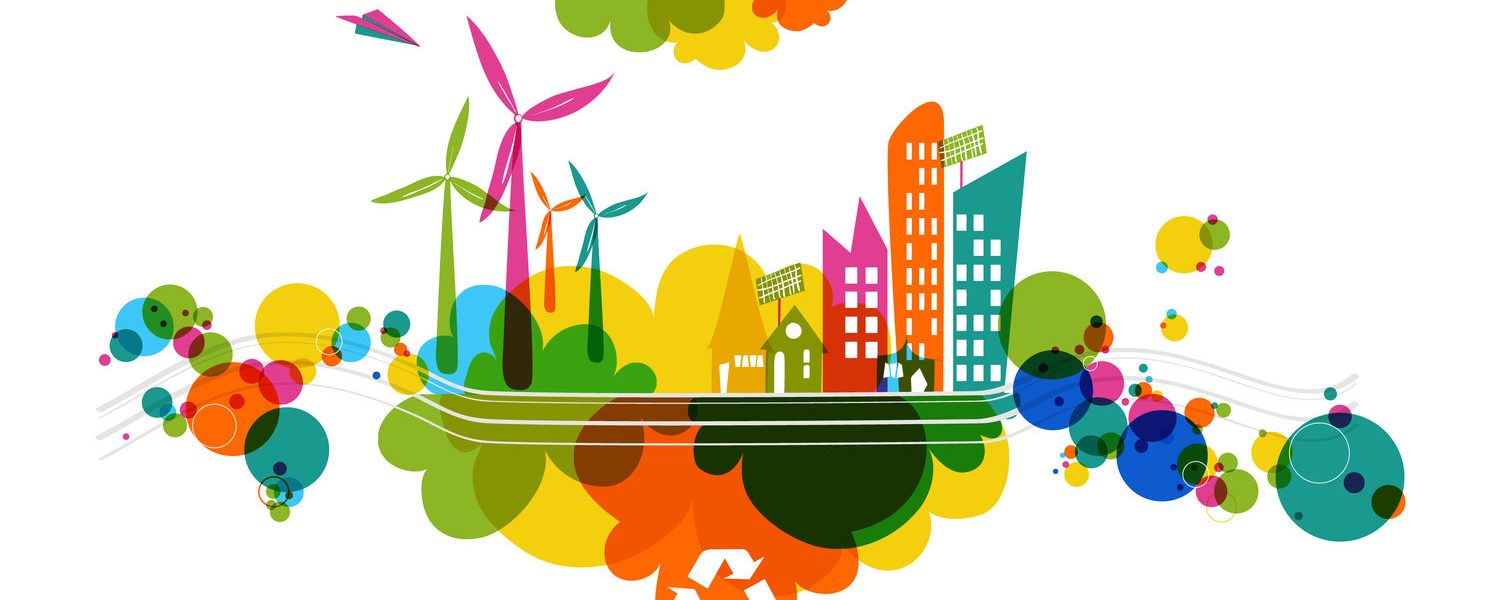What comes to mind when you hear the phrase, “environmental health?” After the umm’s and the what?’s, maybe you think of carbon emissions, good ol’ Al Gore, Arctic ice sheets, or deforestation.
All entirely valid guesses, but after the initial confusion over what exactly the environment has to do with health, consider the idea that there is a very distinct balance between the health of the planet and the health of humans.
Of the six dimensions of health and wellness, environmental health is often the least known and paid attention to. The World Health Organization defines it as: “those aspects of human health and disease that are determined by factors in the environment.” Basically, when the planet suffers, we suffer.
We tend to associate the consequences of our daily actions only with their effects on the planet. Driving less means lower greenhouse emissions, which means less climate change. Drinking from reusable water bottles saves the energy and waste associated with their plastic counterparts. Turning the faucet off while you brush your teeth conserves the amount of clean water available to us.
But the consequences or benefits don’t stop there; they extend all the way out to the realm of human health and have marked effects on our bodies and wellbeing.
Take carbon emissions, for example. Through the much-cited greenhouse effect, the exhaust from cars and the pollution perpetually flowing out of industrial smokestacks trap the sun’s heat within the atmosphere. The result is increased temperatures, which leads to increased extreme weather events, sea level rise, and changes in the hydrologic cycle. Equally if not more alarming is that studies have proven that areas – typically cities – with high concentrations of greenhouse gas emissions (namely carbon dioxide) exhibit higher rates of cancer and cardiovascular and respiratory disease.
Recycling our plastics, our bottles, and our paper and just consuming less are primarily encouraged to reduce the size of landfills and to avoid the energy required in the production of new goods, yet recycling is incredibly low in this country – a country in which some city governments refuse to make it a mandatory practice. Would we see an increase in rates if it were emphasized that the runoff from our ever-expanding landfills, laden with the toxins from things like electronic waste and industrial sludge, contaminate the soil and water of nearby communities and even downstream communities?
Unfortunately, the health effects of our environmental actions are often afterthoughts or neglected altogether. But with increased awareness and concern, they may eventually reach an equal footing with habitat destruction and deforestation.
Climate change and environmental degradation have been and will continue to be massively difficult issues to address and, dare I say, reverse. With so many perspectives, so much conflicting data, and so much general apathy surrounding environmentalism, one potential solution is to find more pertinent motivation that society can clutch onto. If saving the glaciers, preventing species wipeout, and conserving the aesthetic beauty of the planet are not enough to motivate you to take action in your daily life, then think about the health of yourself, of your family, and of those around you, and encourage others to take this approach.
The next time you take a swig out of that Aquafina bottle thinking, “what’ll one bottle hurt?” think not only about the planet and the landfills and the energy consumption, but think too about the chemicals – the phthalates and BPA– that are known to cause reproductive damage in humans.
Logically, we need to save the environment for the sake of – well – the environment. But if that isn’t motivating enough, then we can use the health of humanity as a primary motivator that’ll force us to take the steps toward sustainability that we may otherwise fail to take.
Article by Shahin Firouzbakht
Feature Image Source: Environmental Health Watch
























